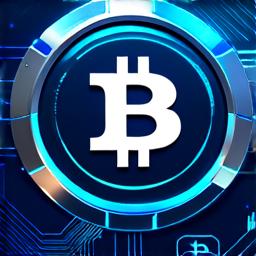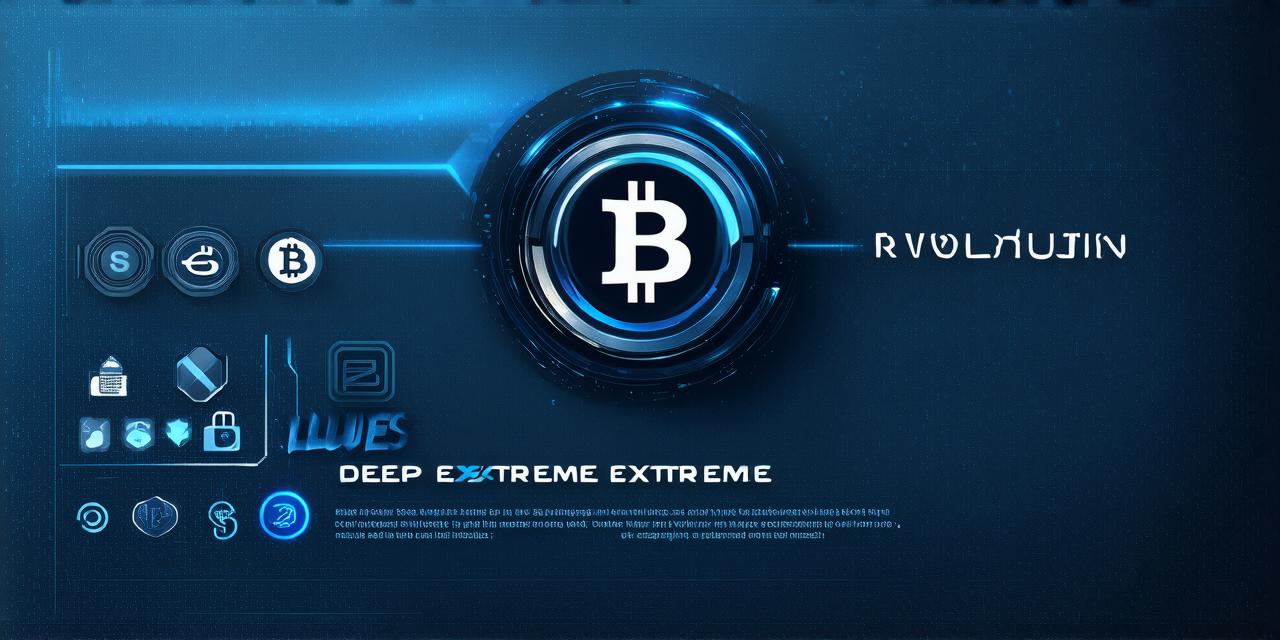Blockchain technology is an innovative and disruptive force that has the potential to revolutionize various industries and sectors. From finance to healthcare, blockchain is transforming the way we store, manage and share data, making it more secure, transparent, and decentralized.
What is Blockchain?
Blockchain is a distributed ledger technology that enables secure and transparent transactions without the need for intermediaries. It was initially developed for Bitcoin but has since been applied to various industries, including finance, supply chain management, healthcare, and more. The core principle of blockchain is that it allows multiple parties to share and verify data in real-time, making it a powerful tool for building trust and increasing efficiency.
Key Features of Blockchain
Blockchain has several key features that make it an attractive technology for developers. Here are some of the most important:
- Decentralized: Blockchain is decentralized, meaning that there is no central authority controlling the network. Instead, data and transactions are managed by a distributed ledger, which is maintained by a network of nodes. This makes it more resistant to censorship and tampering.
- Transparent: All transactions on the blockchain are visible to everyone on the network, making it transparent and auditable. This helps build trust and ensures that all parties have access to the same information.
- Immutable: Once data is recorded on the blockchain, it cannot be altered or deleted. This makes it a secure and reliable way to store important information.
- Smart Contracts: Blockchain enables the creation of smart contracts, which are self-executing contracts with the terms of the agreement between buyer and seller being directly written into lines of code. This eliminates the need for intermediaries and streamlines transactions.
- Distributed Computing Power: Blockchain relies on distributed computing power, making it more scalable and efficient than centralized systems.
Applications of Blockchain
Blockchain technology has a wide range of applications across various industries. Here are some examples:
- Finance: Blockchain is being used to create decentralized financial systems that enable faster, cheaper, and more secure transactions. Smart contracts can be used to automate processes such as clearing and settlement, reducing the need for intermediaries and increasing efficiency.
- Supply Chain Management: Blockchain can be used to track and verify the origin of goods, making it easier to identify and prevent fraudulent activities. This helps increase transparency and improve supply chain management.
- Healthcare: Blockchain can be used to securely store and share patient data, enabling more efficient and effective healthcare delivery. It can also be used for drug tracing and supply chain management.
- Voting Systems: Blockchain technology can be used to create secure and transparent voting systems that are resistant to tampering and fraud.
- Identity Management: Blockchain can be used to securely store and manage identity data, making it easier to verify identities without the need for intermediaries. This can help improve security and reduce identity theft.
Case Studies
Now that we have a better understanding of blockchain technology let’s take a look at some real-life examples of how it is being used:
- Walmart: Walmart has implemented a blockchain-based system to track the origin of food products, enabling the company to quickly identify and remove contaminated items from shelves. This has helped improve food safety and reduce waste.
- IBM’s Food Trust: IBM’s Food Trust is a blockchain-based platform that enables food manufacturers, retailers, and regulators to share information about food products in real-time. This has helped improve traceability and reduce food waste.
- MediLedger: MediLedger is a blockchain-based system that enables the secure exchange of prescription drug data between manufacturers, distributors, and retailers. This has helped prevent counterfeit drugs from entering the supply chain and improve patient safety.
- Provenance: Provenance is a blockchain-based platform that enables companies to track the origin and journey of products, from raw materials to finished goods. This has helped increase transparency and improve sustainability practices.

